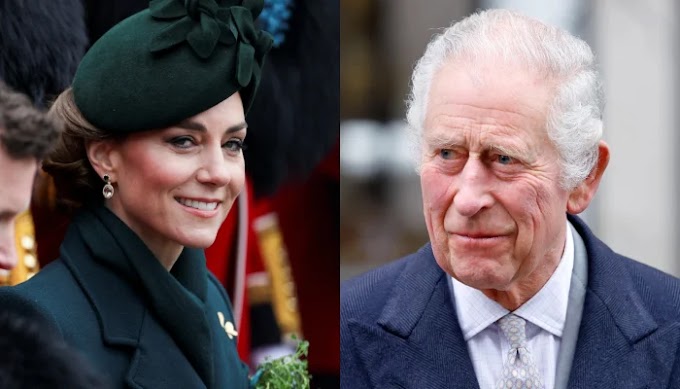Last November, Elon Musk, the owner of Twitter, tweeted that his mission
was to make Twitter the most accurate source of information about the world.
He reiterated this statement earlier this month, stating that Twitter is
“hell bent on being the least untrue source of information.” However,
according to European Commissioner Thierry Breton, Twitter has removed
itself from the European Union’s voluntary Code of Practice against
disinformation, a pact that other social media platforms have already agreed
to.
Twitter first entered into the voluntary EU Code back in
2018, but that code soon won’t be voluntary as it was added to a recently
enacted EU law. “You can run but you can’t hide,” tweeted Breton, confirming
Twitter’s exit. “Beyond voluntary commitments, fighting disinformation will
be legal obligation under #DSA as of August 25,” Breton continued. “Our
teams will be ready for enforcement.”
The EU’s Digital Services Act (DSA) puts strict rules on 19
“very large online platforms” or VLOPs, including Twitter, Google,
Microsoft, Tiktok, and Meta-owned Facebook and Instagram. “Platforms must
mitigate against risks such as disinformation or election manipulation,
cyber violence against women, or harms to minors online,” reads the official
European Commission website regarding the DSA. If any of these platforms
don’t comply, they face rather large fines as high as 6 percent of their
annual global turnover. Noncompliance can also lead to the platform being
blocked in the EU.
Since Musk has taken over Twitter, the platform has opened back
up the doors for various conspiracy theorists and disinformation spreaders.
When asked about falsehoods on the platform, Musk has often referred to
Community Notes, a Twitter feature where users submit corrections to be
voted on, as his defense. However, that hasn’t stopped Musk himself from
spreading conspiracy theories to his more than 140 million followers on
Twitter.
As EU Commissioner Breton mentioned in his tweet,
Twitter has until late August to comply.












